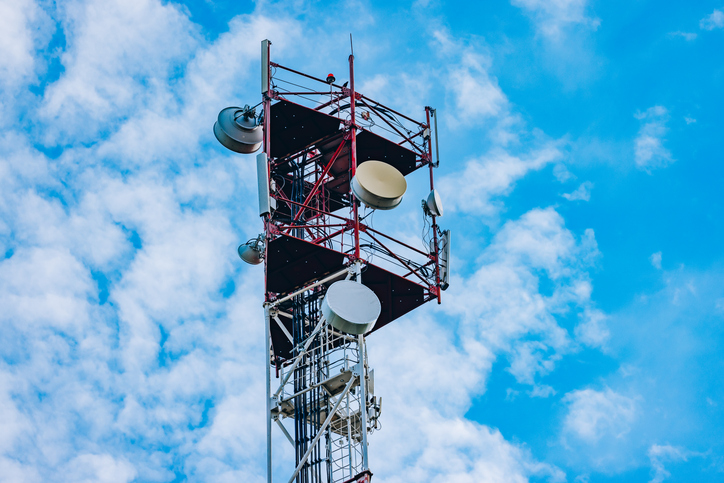Across the globe, a number of broadcasters have stated their intention to begin the transition from traditional services to broadcasting over an internet protocol (Broadcast over IP).
These plans should come as no surprise: the rise of streaming platforms and growing internet penetration rates means internet-only broadcasting is not only viable, but commonplace.
Many of these broadcasters have declared that this transition will be carried out within the next decade.
As such, there is now a race against time for Internet Service Providers (ISPs) and Alternative network providers (Altnets) within the United Kingdom to get the necessary infrastructure in place to cope with the demands of solely internet-only broadcasts.
Is the UK Switching to Solely Broadcast over IP?
Over the last few months, the British Broadcasting Corporation (BBC) has continued to outline its plans for this transition. The first milestone in their roadmap was reached at the end of March 2025, when a full transition to IP distribution was achieved for BBC World Service providers located across Europe.
Plans are now underfoot to roll similar programmes out across the Americas, APAC and Africa, with a full switch to internet-based services to be achieved by the mid-2030s in the UK.
The BBC believe the shift to IP will help them to provide undisrupted, seamless service to regions where satellite coverage is unreliable, while helping them to respond more effectively to market challenges and the demands of their audience.
However, concerns still remain: a 2024 report from Ofcom found that 3.9 million households still rely solely on digital terrestrial and satellite television. Many of these are of an older generation, who may lack the technical understanding to use Broadcast over IP services.

Live Broadcasting Challenges
There are also latency issues to consider, especially when it comes to live broadcasting. The BBC currently holds the rights to broadcast events such as Eurovision, the FIFA World Cup, and the Olympics, and these will test the current network infrastructure in place.
And these pressures are no longer a distant concern. In 2024, traffic hit three record spikes, the largest reaching 33.7Tbps. These were triggered not just by live events, but also by gaming releases and streaming peaks colliding at the same time. For ISPs and Altnets, it means that major cultural moments are now competing with external digital events to drive unpredictable traffic surges.
Changing demographics and behaviours intensify this further. Younger audiences stream on multiple devices simultaneously, amplifying bandwidth demand. Older generations are gradually shifting from traditional TV to IP-based services, adding yet another layer of pressure on networks to deliver live content seamlessly across different audiences.
This ensures Altnets and ISPs across the UK will be greatly affected by these behavioural shifts. With existing infrastructure already under strain from current and future demands for internet services, the full transition to IP will push these groups even further, meaning they will likely require trusted partners to overcome this challenge.
It may also mean an extensive and costly overhaul of infrastructure, especially if other broadcasters operating in the UK follow suit.
How is ProLabs Helping the Transition to Broadcast over IP?
This growing challenge may also affect the current future of ISPs and Altnets, likely leading to greater consolidation of companies in order to expand and survive. Over 70% of Altnets in the UK see consolidation as having a positive impact when it comes to network expansion, and expect to see an increase in investment which can be used to develop their infrastructure.
Part of this investment should be on the procurement and implementation of suitable fibre optic components, as these remain the best bet to overcome the challenges and demands associated with digital media.
Choosing ProLabs solutions means these operators can benefit from reduced latency and increased reliability essential to stable Broadcast over IP services, but at the fraction of the cost they would have to pay for Original Equipment Manufacturer (OEM) offerings.
These cost benefits also extend to the process of enhancing their infrastructure too. The localisation of our warehouses mean operators and network builders get essential parts quickly, avoiding lengthy rollouts.
Because our solutions are tested in common OEM switches, we know they’re compatible, providing ‘plug and play’ functionality. This means equipment doesn’t need to be torn out and replaced with proprietary systems from a sole OEM.
Instead, they will have the means to develop the infrastructure perfect for Broadcast over IP and other bandwidth-demanding services, and grow at scale effectively. When it comes to making this key transition, ProLabs are the trusted partner for all involved.
Contact a ProLabs expert today. Our team is ready to help you with advice that fits your needs.


